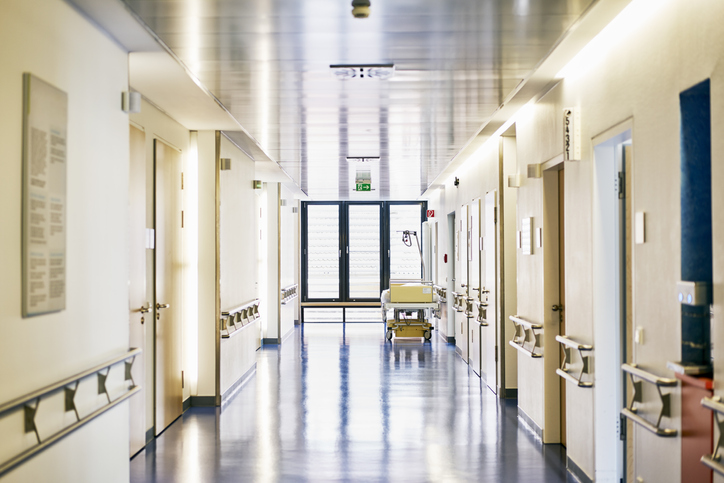Denosa president Simon Hlungwani said, although the rise in infections was 'shocking', the union was worried about the number of people who might require hospitalisation.

As South Africa’s Covid-19 cases continue to rise on a daily basis, health unions are worried that the situation will only get worse.
The country recorded over 14 000 daily Covid-19 cases for the third day in a row this week, edging closer to the one million cumulative cases mark.
On Christmas Day, the country recorded 14 796 new cases, bringing the cumulative number to 983 359.
This means, in the last 10 days, the country has had 109 680 new cases, with KwaZulu-Natal on the rise.
The province has recorded the highest number of new Covid-19 cases per day, with a daily average of 3 501 new cases.
KwaZulu-Natal also has the highest number of active cases at 40 197 active cases.
Meanwhile, there were 293 fatalities, which brought the death toll to 26 276, with the Eastern Cape once again recording the highest fatality figures at 115.
In a statement this week, Health Minister Zweli Mkhize said the increases indicated the virus continued to spread exponentially, faster than the first wave, adding the peak would be surpassed in the coming days, as News24 reported.
He said all provinces, with the exception of the Eastern Cape, continued to report increases in cases.
KwaZulu-Natal, the Western Cape and Gauteng have registered the largest increases, comprising 81% of new cases on Wednesday.
Speaking to News24 this week, the Democratic Nursing Organisation of South Africa (Denosa) and the National Education, Health and Allied Workers’ Union (Nehawu) expressed concerns at the rate of infections.
Denosa president Simon Hlungwani said, although the rise in infections was “shocking”, the union was worried about the number of people who might require hospitalisation.
“Our worry is that, if more hospitalisation is going to be expected, then a lot of people are going to be in trouble.
“With the new variant, even young people do have complications and our worry is that this will add more strain into the already overwhelmed system,” Hlungwani said.
“It is within your [the citizen] hands to prevent yourself from getting infected and we wish the public can protect the nurses by staying away from getting infected, because the more people get infected, and more end up being admitted into the hospital, the more riskier the situation for nurses is going to be, and the health system is getting overwhelmed.”
He also said South Africans should wear masks and stay away from large gatherings.
Nehawu spokesperson Khaya Xaba said their members were “tired, stressed and frustrated”.
He pointed out that hospitals will be overwhelmed if cases continued to rise.
“Our people really need to look into themselves, in terms of protecting themselves and their loved ones, and we appeal also that during this festive season people should stay at home and stay away from super-spreading events. These numbers are a great cause of concern,” he said.
“We appeal to people to enjoy their festive season with caution. This wave is way too aggressive and easily transferable. It will lead to many hospitalisations.”
Meanwhile, in a statement on Wednesday, Mkhize warned South Africans that the government would need to review the current restrictions and consider further measures.
Mkhize added that it would be important for the situation in provinces to be evaluated and hotspots identified, so that they could make recommendations based on the findings and outcomes of what had been implemented in the hotspots which have been identified so far.
“We can never stress enough the need for citizens to take every precaution necessary as we celebrate the festive season and look for reprieve from a tough year.
“Unfortunately, Covid-19 is unrelenting, and we therefore cannot afford to be complacent at this stage.
“We urge all South Africans to adhere to the regulations and recommendations pertaining to the national state of disaster, avoid large gatherings and congested environments, ensure adequate ventilation in venues where they gather and vigilantly adhere to non-pharmaceutical interventions: that is wearing of masks, social distancing and sanitisation of hands and shared surfaces.”
For more news your way, download The Citizen’s app for iOS and Android.





